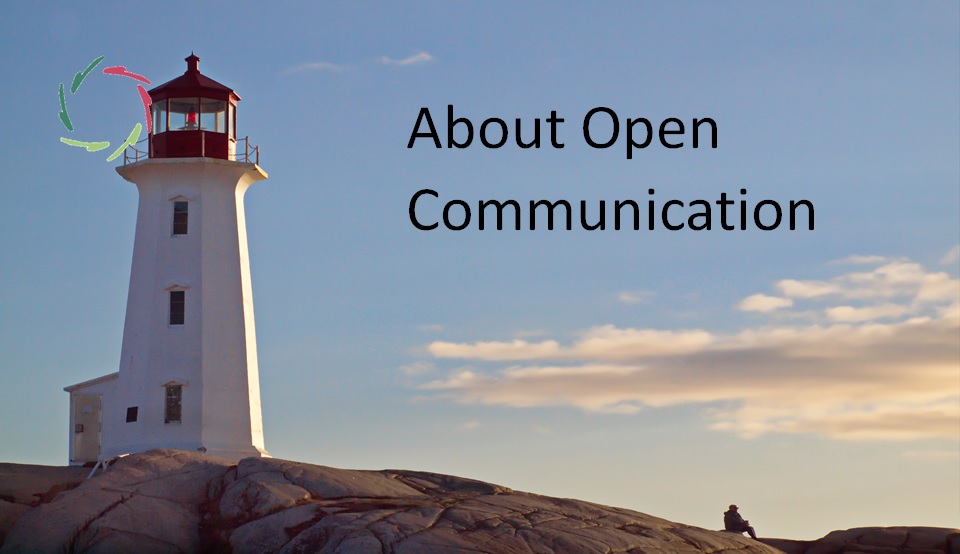From Discussion to Conversation

This is not obvious to many people. Thereby they get into needless difficulties, trying to ‘win’ alone instead of to gain insight together.
This is about people talking about some meaningful issue in a domain they both hold dear. Eventually of course, it can be any domain.
A (converging) conversation is a being together,
talking about the same and as if from the same perspective, namely: trying to find commonality. It’s not about winning any verbal battle.
If this process is profoundly coached by a third party, we can talk about transformative mediation.
In a (disputatious) discussion, there is dissonance – two parties try to get the upper hand.
An opinion needs to be defended, sometimes quite aggressively. One person’s gain is the other person’s loss, consciously or non-consciously.
There is a clear distinction between both, a clearly different goal.
In a verbal exchange, it’s good to see whether it involves a genuine conversation or a discussion. If both parties are on different tracks in this regard, problems may ensue.
For instance, in day-to-day dialogue between a man and a woman, frequently one is more on the discussion track, the other on the conversational track. Problems at bay… Clarifying the tracks may alleviate these problems. True: it may be needed to bring such clarification more than once during the same conversation. It’s worthwhile.
Personally, I have gotten weary of too much discussion.
I’m not the first one. Socrates already made it a central point of his teaching. He didn’t like the disputatious debates going on in the Athenian assemblies. In his preferred personal dialogue, he saw no winner nor loser but people giving each other beautifully expressed arguments with the intention of personal growth and insight, ‘wisdom’.
The goal of discussion is to change the other, thus not being changed oneself. The goal of conversation is a change from inside, an opening oneself to the other and to one’s own inner growth. Socrates’ aim was an ‘initiative’ insight into how little had been known, followed by a transformation into a ‘better person’ and – according to Socrates – therefore also a happier person, a ‘true philosopher’.
Advantages and disadvantages in real, present-day situations.
An important disadvantage of discussion is that it doesn’t invite both parties to look for elements in favor of the other’s perspective or in disfavor of one’s own. An advantage is the reverse: each party may have more energy to develop the own perspective.
Another disadvantage of discussion is the possibility of interpersonal dissociation: the parties don’t listen to each other. After a while, they project a negative image of the other on the own private screen. The real other person gets lost behind the screen.
A disadvantage of conversation is the possible (!) loss of clarity and discreteness, thus also of making clear decisions.
Eventually, a combination of both may lead to the best results.
Even so, it’s preferable for both parties to know what’s going on and to be open in this. It can be done at the dinner table as well as during international negotiations.
This way, being able to distinguish between conversation and discussion may be a very important skill needed for human progress.
We are ‘total human beings’ in need of any possible instrument in order to become ‘better ones’.


